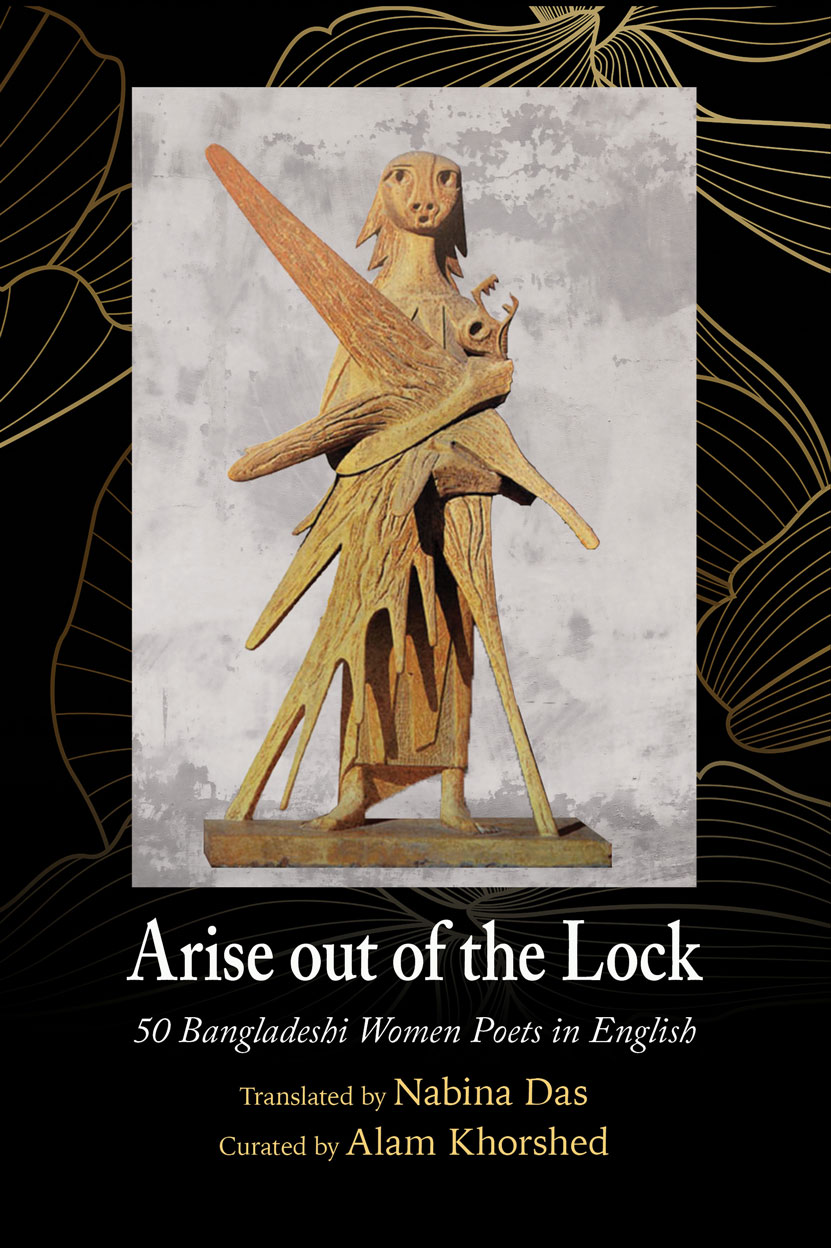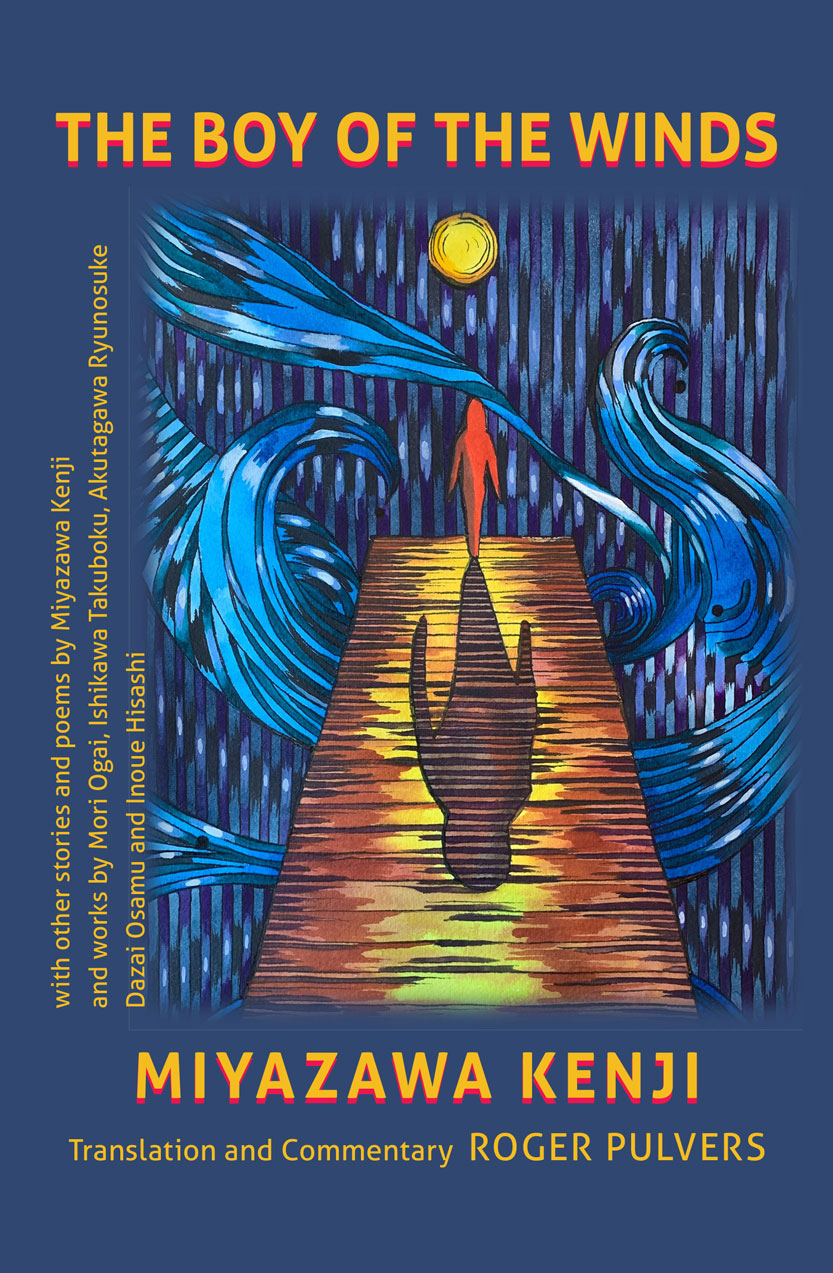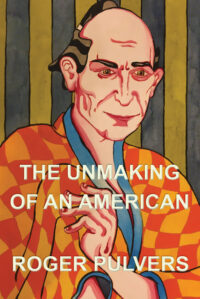The Boy of the Winds
GBP 12.99
with other stories and poems by Miyazawa Kenji and works by Mori Ogai, Ishikawa Takuboku, Akutagawa Ryunosuke, Dazai Osamu, and Inoue Hisashi. Translation from Japanese and Commentary by Roger Pulvers.
MIYAZAWA KENJI remains not only Japan’s most popular and beloved writer of stories for children and adults but a prescient voice for this century on how we can survive and prevail over the most challenging conditions that we face on this planet. Roger Pulvers writes in his Introduction …
“Kenji’s message is: It is easy to exclude others who are ‘different’ from your circle, but if you exclude others, you exclude yourself, because you are inextricably linked to them; it is easy to be unkind to others, but if you are unkind to others, you are unkind to yourself; it is very easy to kill, but if you kill another person, the person who dies within is yourself.”
“Destroy nature in any or all of its qualities and we destroy human goodness, compassion and love. No Japanese understood this more profoundly than Miyazawa Kenji, and the people of the world need to know that.”
In this new collection, acclaimed author, translator and film director Roger Pulvers presents, in masterful translations, some of Miyazawa Kenji’s most well-known stories. In “The Boy of the Winds” the wind arrives in a village in the form of a boy, Matasaburo, bringing, with great compassion, a warning over the abuse of nature by humans. In “The Bears on Mt. Nametoko,” the fate of the king of the mountains, Kojuro, becomes that of the bears he hunts. And in the exquisitely poignant “Barefeet of Light” two young brothers face the cruelest hardships … and the message Kenji gives us is always one of devotion and love.
In addition, there are stories here by other well-known Japanese authors, the final one being the beautiful tribute to the importance of water in our lives, Inoue Hisashi’s “The Water Letters.”
All translations come with commentary that puts the works in their historical and social context.
The Japan Times has written of an earlier anthology of his works translated by Roger Pulvers: “The reader can clearly feel Miyazawa’s values and hopes for humanity across time….”
CONTENTS:
Introduction
PART ONE Stories and poems by Miyazawa Kenji
The Boy of the Winds, The Wildcat and the Acorns, The Wild Pear, The Fire in the Opal, The Twin Stars, Barefeet of Light, Kenju Woods Park, The Ravens and the Big Dipper, The Bears on Mt. Nametoko, Asahikawa,
Drawing Water, Black and White Cells, Is it only in Hienuki,
PART TWO Works by Other Authors
Hanako by Mori Ogai, The Tale in the Woods by Ishikawa Takuboku, The Spider’s Thread by Akutagawa Ryunosuke, Cherries by Dazai Osamu, The Water Letters by Inoue Hisashi.
ISBN: 978-1-913891-20-6
Publication date: 10 January 2022
Format: Paperback (Demy octavo) 216mm x 138mm
Pages: 268 pp
Cover illustration by Lucy Pulvers
Synopsis
MIYAZAWA KENJI remains not only Japan’s most popular and beloved writer of stories for children and adults but a prescient voice for this century on how we can survive and prevail over the most challenging conditions that we face on this planet.
In this new collection, acclaimed author, translator and film director Roger Pulvers presents, in masterful translations, some of Miyazawa Kenji’s most well-known stories. In “The Boy of the Winds” the wind arrives in a village in the form of a boy, Matasaburo, bringing, with great compassion, a warning over the abuse of nature by humans. In “The Bears on Mt. Nametoko,” the fate of the king of the mountains, Kojuro, becomes that of the bears he hunts. And in the exquisitely poignant “Barefeet of Light” two young brothers face the cruelest hardships … and the message Kenji gives us is always one of devotion and love.
In addition, there are stories here by other well-known Japanese authors, the final one being the beautiful tribute to the importance of water in our lives, Inoue Hisashi’s “The Water Letters.”
All translations come with commentary that puts the works in their historical and social context.
The Japan Times has written of an earlier anthology of his works translated by Roger Pulvers: “The reader can clearly feel Miyazawa’s values and hopes for humanity across time….”






